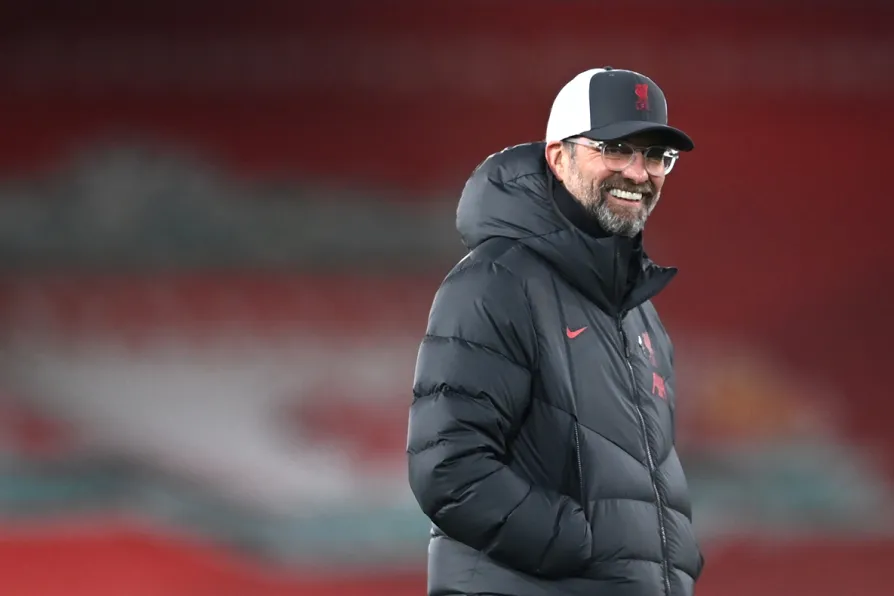Sporting calendar hit by regional instability with tournaments in the Gulf abandoned
Liverpool’s transfer policy: Sensible spending or leaving the squad exposed?
JAMES NALTON considers Liverpool’s quiet transfer window, and asks whether a sense of disappointment is simply down to exorbitant expenditure elsewhere

 Liverpool manager Jurgen Klopp
Liverpool manager Jurgen Klopp
THERE are conflicting emotions and varying assessments of Liverpool’s squad after the most recent transfer window.
This is partly due to the most powerful clubs in football having almost infinite resources to draw upon, thus moving the goalposts in terms of what a good squad looks like.
Looking at Liverpool, there is a strange feeling which combines an acknowledgement that the club have one of the best groups of players in their history, but also that they needed something extra which didn’t arrive in this transfer window.
Similar stories

A celebration of Diogo Jota and his time in English football, after he and his brother Andre Silva died following a car accident in the early hours of Thursday morning in Spain. By JAMES NALTON

Klopp leads tributes as sports world mourns tragic loss of player and his brother

JAMES NALTON discusses how in some ways, Slot’s Reds are being criticised for their own success and are right in wanting to change the narrative











